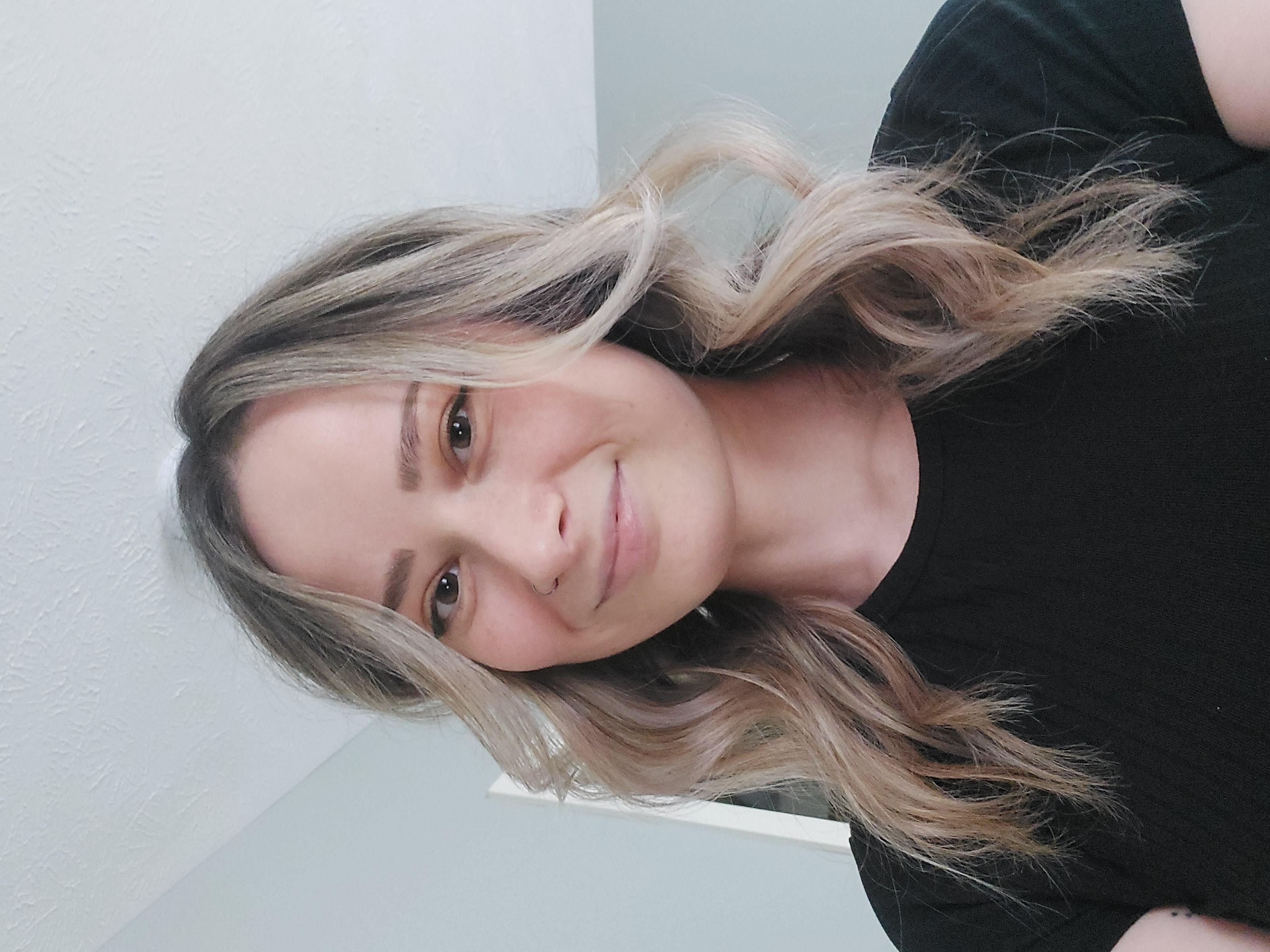Symposia
Parenting / Families
3 - (SYM 46) Caregiver Support Following Child Sexual Abuse: Project SAFE (Sexual Abuse Family Education)
- GM
Gina C. May, M.A. (she/her/hers)
Graduate Student
University of Nebraska-Lincoln
Lincoln, Nebraska - AM
Akemi Mii, M.A. (she/her/hers)
Doctoral Candidate
University of nebraska-Lincoln
Lincoln, Nebraska - HC
Hannah Coffey, M.A.
Doctoral Student
University of Nebraska Lincoln
Lincoln, Nebraska 
Brittany S. Erskine, M.A.
Graduate Student
University of Nebraska-Lincoln
Lincoln, Nebraska- MF
Mary Fran Flood, Ph.D.
Co-Director of Family Skills Clinic
University of Nebraska-Lincoln
lincoln, Nebraska - DH
David Hansen, Ph.D.
Professor
University of Nebraska-Lincoln
lincoln, Nebraska
Speaker(s)
Co-author(s)
Short- and long-term negative sequelae of child sexual abuse (CSA) have been extensively documented, yet there is considerable heterogeneity in these outcomes. Many youth demonstrate resilience following CSA, and research indicates positive caregiver and family factors can bolster child resilience following CSA (Domhardt et al., 2015). Intervention efforts targeting both youth and their caregivers following CSA can address youth mental health concerns and improve caregivers’ abilities to cope with their own stress and mental health difficulties, which can lead caregivers to better be able to support their children, especially considering high rates of intergenerational trauma (e.g., Langevina et al., 2020). While evidence-based mental health services can help ameliorate and prevent negative sequelae following CSA, barriers to accessing and utilizing services are substantial. Child Advocacy Centers (CACs) can efficiently connect families with resources following CSA, with on-site mental health services particularly valuable. Taken together, accessible, family-focused, evidence-based services are critical for meeting the needs of youth who experience CSA and their families.
An example of a comprehensive program to support youth who have experienced CSA and their families is Project SAFE (Sexual Abuse Family Education). Project SAFE is a 12-week psychoeducational, cognitive-behavioral group treatment program for youth who have experienced sexual abuse and their non-offending family members. Project SAFE is based in a CAC and has served over 1,200 children and caregivers since it began in 1996. Project SAFE groups are delivered to youth and caregivers in parallel (e.g., psychoeducation, coping skills, social support) with an emphasis in the caregiver group to build skills to support their children. Caregiver- and child-report measures have been collected at multiple time points across treatment. Outcomes studies have shown the positive benefits of Project SAFE services for youth and their families (e.g., Hubel et al., 2014; Sawyer & Hansen, 2014). Research on the impact of caregiver-related factors, such as their own history of maltreatment and mental health difficulties, has also been conducted (e.g., Mii et al., 2022).
This presentation will provide a brief overview of Project SAFE services and research and will discuss caregiver-related factors and considerations within this treatment model. Opportunities and challenges associated with community-based service delivery and data collection will also be discussed.

